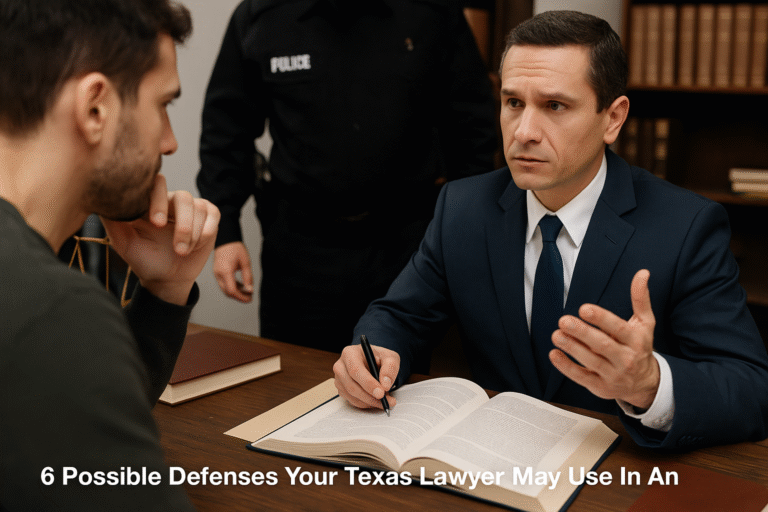Facing an assault charge can feel daunting. It’s crucial to have knowledge about possible defenses. In Texas, your lawyer can guide you through several options to shield you from serious consequences. Understanding these defenses empowers you and your civil litigation lawyers to make informed decisions. First, self-defense remains a cornerstone of legal strategy. If you reacted to a threat, this could be your defense. Second, defending others offers another route. If you acted to protect someone else, this may apply. Third, consent can play a role. If the alleged victim agreed to engage in the act, it changes the situation. Fourth, accidental contact might help. If the contact was unintentional, this defense could be strong. Fifth, mistaken identity is a possibility. If you were wrongly identified, this can save you. Lastly, lack of intent is key. If you didn’t mean harm, this could be crucial. Each path requires careful consideration and expert guidance.
Understanding Self-Defense
Self-defense stands as a fundamental right. If you faced immediate danger, you have the right to protect yourself. In Texas, you can claim self-defense if you used reasonable force to respond to a threat. This means your response should match the level of threat faced. Legal support is essential to show that your actions were necessary and justified. The Texas Attorney General‘s office provides resources on self-defense laws, which can be helpful in your case preparation.
Defending Others
Defending others functions similarly to self-defense. If someone near you was in danger, you had the right to protect them. This defense requires proof that your actions were reasonable and necessary. Evidence, such as eyewitness accounts, video, or other documentation, can strengthen this claim. Remember, the key is showing that your response was immediate and required to prevent harm.
Consent as a Defense
Consent implies an agreement. If the person involved consented to the act, this might serve as a defense. However, proving consent requires evidence like recorded agreements or witness testimony. The complexity of this defense means it should not be attempted without a lawyer’s guidance. Consent cannot be used if the victim was incapable of agreeing, such as in cases involving minors or those under the influence.
Accidental Contact
Accidents happen. If the incident was truly an accident, you might use this as a defense. This involves proving that there was no intent to cause harm and that the contact was purely accidental. Witness statements and any available video footage can help substantiate this claim. Demonstrating an absence of intent plays a critical role.
Mistaken Identity
Mistaken identity can lead to wrongful accusations. Witnesses might misidentify individuals, especially in stressful situations. Establishing an alibi, presenting evidence like surveillance footage, or credible witness testimony can help prove this defense. Swift action is essential in collecting and preserving evidence to prove your whereabouts during the incident.
Lack of Intent
Lack of intent focuses on your mindset during the alleged offense. If you did not intend to cause harm, this might be a viable defense. The prosecution must prove intent beyond a reasonable doubt. Any materials demonstrating a lack of motive or intent, such as character references or testimony about your behavior, can support this claim.
Comparison of Defenses
| Defense | Description | Evidence Required |
|---|---|---|
| Self-Defense | Response to immediate threat | Proof of threat level, reasonable force |
| Defending Others | Protecting someone in danger | Witnesses, documentation of threat |
| Consent | Agreed engagement in act | Recorded agreements, witness testimony |
| Accidental Contact | Unintentional contact | Witness statements, video footage |
| Mistaken Identity | Wrong person identified | Alibi, surveillance footage |
| Lack of Intent | No intention to cause harm | Character references, behavior testimony |
In conclusion, facing an assault charge in Texas involves navigating complex defenses. Each option requires a thorough understanding of the law and careful evidence collection. Working closely with legal professionals is crucial in building a strong defense. By knowing your rights and possible defenses, you gain the confidence necessary to face the legal process. For further information, consider consulting legal resources provided by The State Bar of Texas, which offers comprehensive insights into defense strategies.

